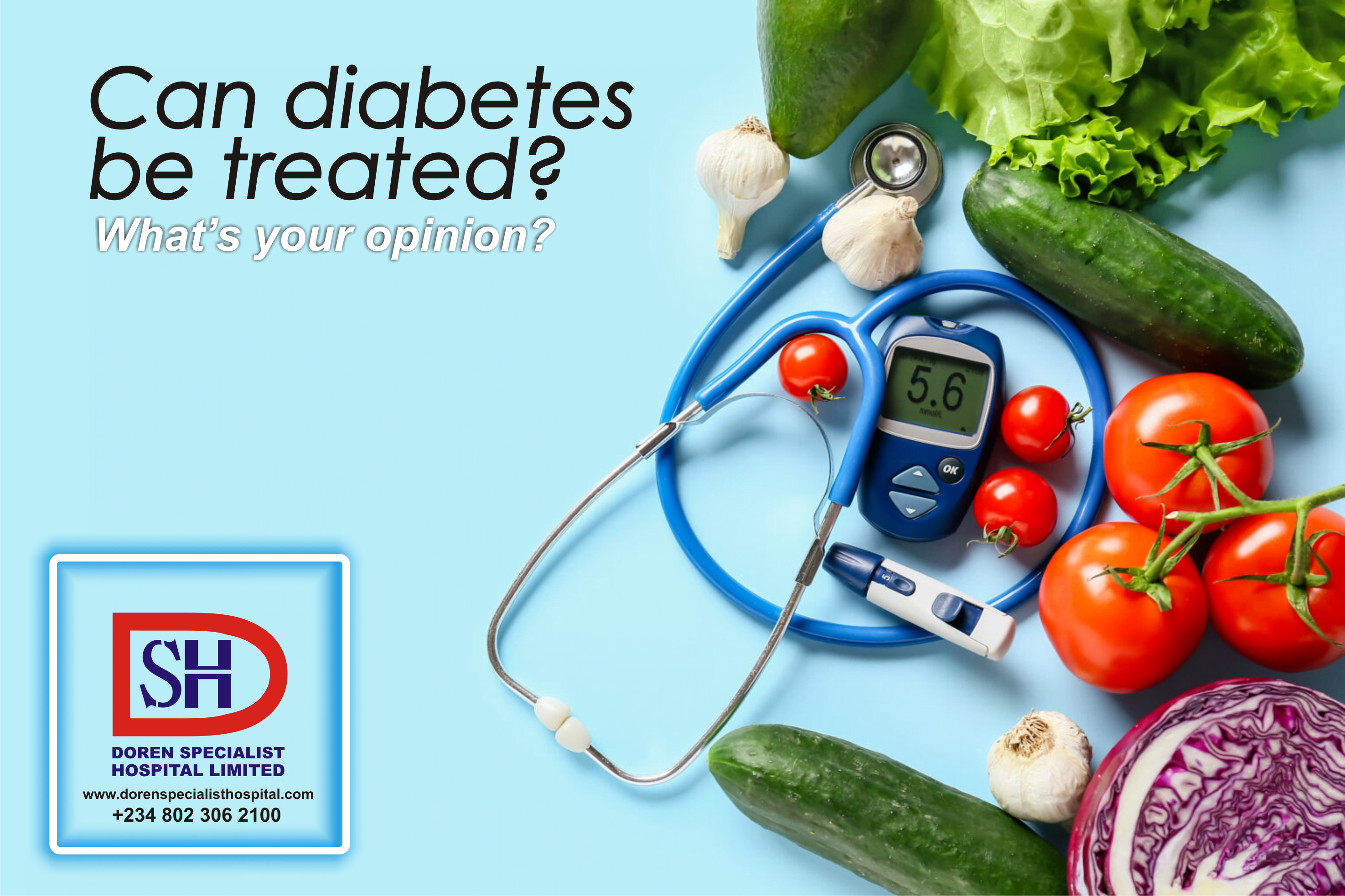A chronic, metabolic disease characterized by elevated levels of blood glucose (or blood sugar), which leads over time to serious damage to the heart, blood vessels, eyes, kidneys and nerves is what diabetes is all about.
In a simply terms, it is a disease that occurs when your blood glucose, also called blood sugar, is too high. Over time, having too much glucose in your blood can cause other health problems such as:
- Heart disease,
- Nerve damage,
- Eye problems,
- Kidney disease.
You can take steps to prevent or manage diabetes.
According to WHO, (World Health Organization) About 422 million people worldwide have diabetes, the majority living in low-and middle-income countries, and 1.5 million deaths are directly attributed to diabetes each year. Both the number of cases and the prevalence of diabetes have been steadily increasing over the past few decades.
Also, According to the Centers for Disease Control and Prevention’s National Diabetes Statistics Report, an estimated 37.3 million people in the United States, or 11.3% of the population, have diabetes.
About 1 in 4 adults with diabetes don’t know they have the disease. An estimated 96 million American adults have prediabetes, which means their blood glucose levels are higher than normal but not high enough to be diagnosed as diabetes. The most common is type 2 diabetes, usually in adults, which occurs when the body becomes resistant to insulin or doesn’t make enough insulin.
In the past 3 decades the prevalence of type 2 diabetes has raised dramatically in countries of all income levels. Type 1 diabetes, once known as juvenile diabetes or insulin-dependent diabetes, is a chronic condition in which the pancreas produces little or no insulin by itself.
For people living with diabetes, access to affordable treatment, including insulin, is critical to their survival. There is a globally agreed target to halt the rise in diabetes and obesity by 2025.
The question now is, when last have you checked your blood glucose or blood sugar levels? If you are contemplating on getting it done, yes, it is something you have to do without further procrastination.
Ensure to visit your health professional for consultation. And to get started with such consultation, let’s begin with you dropping a comment on this post, like this post, and sharing this post to help save lives and get others informed, while you private chat us.


